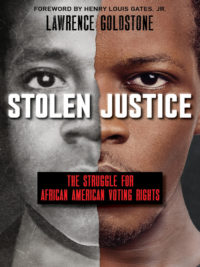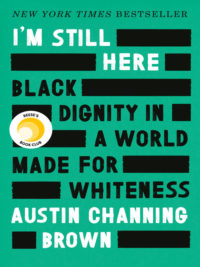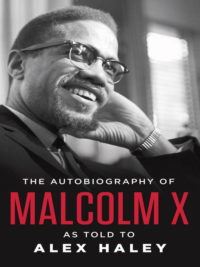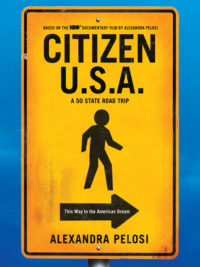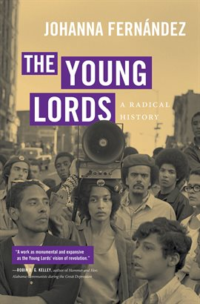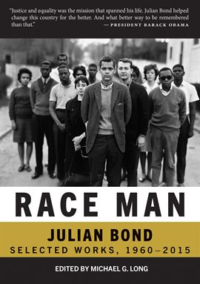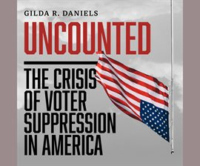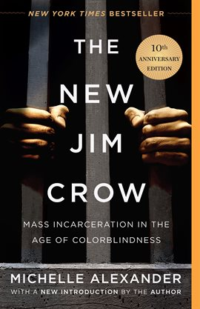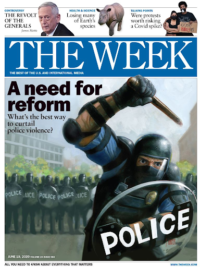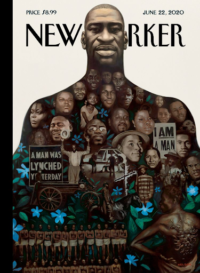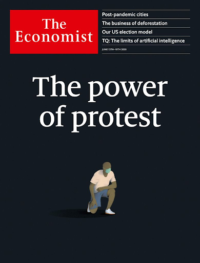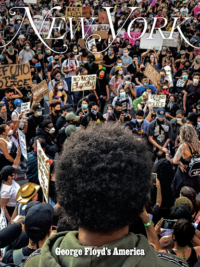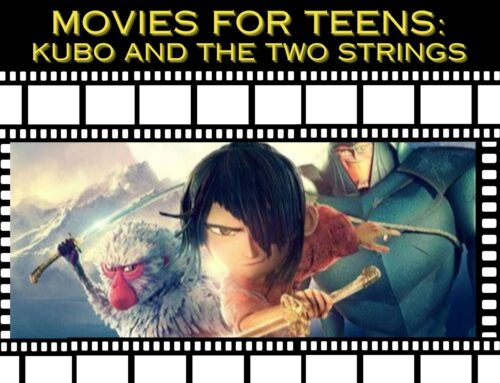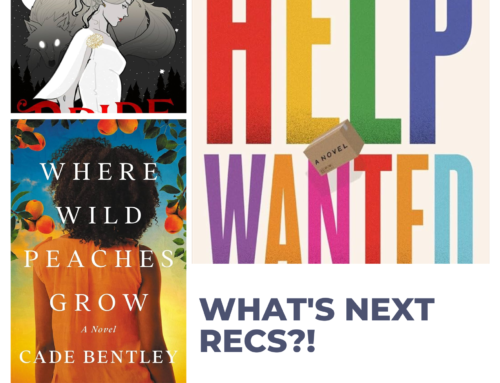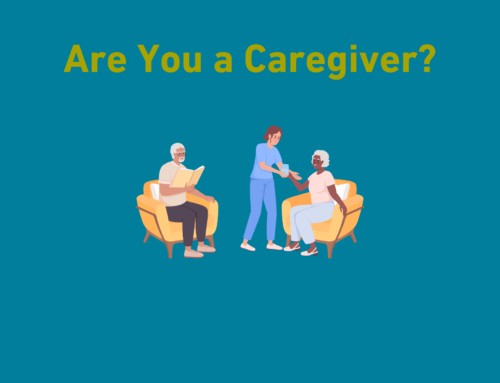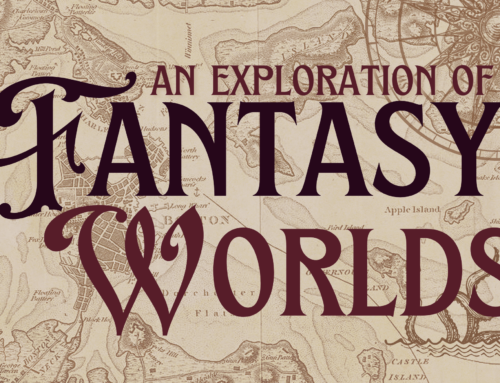We have compiled a list of books and magazine articles that will help us dismantle racism and learn more about the history of the civil rights movement in the United States. This is a good time to read and engage in these conversations.
(All book summaries are from the publishers, Overdrive or Hoopla)
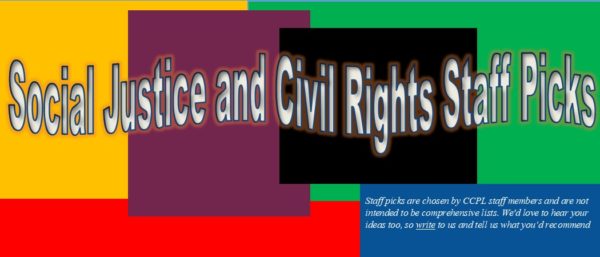
Stolen Justice: The struggle for African voting Rights
Overdrive Ebook
Hoopla Audiobook
Following the Civil War, the Reconstruction era raised a new question to those in power in the US: Should African Americans, so many of them former slaves, be granted the right to vote?
In a bitter partisan fight over the legislature and Constitution, the answer eventually became yes, though only after two constitutional amendments, two Reconstruction Acts, two Civil Rights Acts, three Enforcement Acts, the impeachment of a president, and an army of occupation. Yet, even that was not enough to ensure that African American voices would be heard, or their lives protected. White supremacists loudly and intentionally prevented black Americans from voting — and they were willing to kill to do so.
In this vivid portrait of the systematic suppression of the African American vote, critically acclaimed author Lawrence Goldstone traces the injustices of the post-Reconstruction era through the eyes of incredible individuals, both heroic and barbaric, and examines the legal cases that made the Supreme Court a partner of white supremacists in the rise of Jim Crow. Though this is a story of America’s past, Goldstone brilliantly draws direct links to today’s creeping threats to suffrage in this important and, alas, timely book.
I’m still here: Black dignity in a world made for whiteness
Austin Channing Brown’s first encounter with a racialized America came at age seven, when she discovered her parents named her Austin to deceive future employers into thinking she was a white man. Growing up in majority-white schools and churches, Austin writes, “I had to learn what it means to love blackness,” a journey that led to a lifetime spent navigating America’s racial divide as a writer, speaker, and expert helping organizations practice genuine inclusion.
In a time when nearly every institution (schools, churches, universities, businesses) claims to value diversity in its mission statement, Austin writes in breathtaking detail about her journey to self-worth and the pitfalls that kill our attempts at racial justice. Her stories bear witness to the complexity of America’s social fabric—from Black Cleveland neighborhoods to private schools in the middle-class suburbs, from prison walls to the boardrooms at majority-white organizations.
For readers who have engaged with America’s legacy on race through the writing of Ta-Nehisi Coates and Michael Eric Dyson, I’m Still Here is an illuminating look at how white, middle-class, Evangelicalism has participated in an era of rising racial hostility, inviting the reader to confront apathy, recognize God’s ongoing work in the world, and discover how blackness—if we let it—can save us all.
The Autobiography of Malcolm X
In the searing pages of this classic autobiography, originally published in 1964, Malcolm X, the Muslim leader, firebrand, and anti-integrationist, tells the extraordinary story of his life and the growth of the Black Muslim movement. His fascinating perspective on the lies and limitations of the American Dream, and the inherent racism in a society that denies its nonwhite citizens the opportunity to dream, gives extraordinary insight into the most urgent issues of our own time. The Autobiography of Malcolm X stands as the definitive statement of a movement and a man whose work was never completed but whose message is timeless. It is essential reading for anyone who wants to understand America.
Citizen U.S.A. A 50 State Road Trip
In the HBO™ documentary tentatively titled Citizen USA, acclaimed filmmaker Alexandra Pelosi sets out on a road trip across America to attend naturalization ceremonies in all fifty states to meet brand-new citizens and find out why they chose America as their home. What she discovers is that America welcomes them all-the disabled, the cancer patients, homosexuals, Obama- haters, Christian missionaries, Muslim imams, Jewish rabbis, Buddhist monks, scientists with Ph.D.s (trying to find the cure for all the diseases that are plaguing us), tech giants in Silicon Valley, movie directors, race car drivers, and even a wrestler with his own action figure!
Whether these new Americans arrived here through online dating, adoption, political asylum, student and work visas, or by swimming the Rio Grande River (and remained long enough to be granted amnesty) they all came here to live the “American Dream.” And even though they are no longer visitors, our newest citizens still look at America with an outsider’s perspective; they hold up a mirror to show us how we look as a nation-and how much we take for granted. At a time when unemployment is at an all-time high, America’s manufacturing base is eroding, the federal deficit is exploding, and the poverty rate is at seventeen percent, immigrants from every other country on earth still flock here because no matter how bad it gets here, it’s still a heck of a lot better than most other places on earth.
The Young Lords: A Radical History
Against the backdrop of America’s escalating urban rebellions in the 1960s, an unexpected cohort of New York radicals unleashed a series of urban guerrilla actions against the city’s racist policies and contempt for the poor. Their dramatic flair, uncompromising vision, and skillful ability to link local problems to international crises riveted the media, alarmed New York’s political class, and challenged nationwide perceptions of civil rights and black power protest. The group called itself the Young Lords.
Utilizing oral histories, archival records, and an enormous cache of police records released only after a decade-long Freedom of Information Law request and subsequent court battle, Johanna Fernandez has written the definitive account of the Young Lords, from their roots as a street gang to their rise and fall as a political organization. Led predominantly by poor and working-class Puerto Rican youth, and consciously fashioned after the Black Panther Party, the Young Lords confronted race and class inequality and questioned American foreign policy. Their imaginative, irreverent protests and media conscious tactics won significant reforms and exposed U.S. mainland audiences to the country’s quiet imperial project in Puerto Rico. In riveting style, Fernandez demonstrates how the Young Lords redefined the character of protest, the color of politics, and the cadence of popular urban culture in the age of great dreams.
Race Man
An inspiring, historic collection of writings from one of America’s most important civil rights leaders.
No one in the United States did more to advance the legacy of Martin Luther King Jr. than Julian Bond. Race Man-a collection of his speeches, articles, interviews, and letters-constitutes an unrivaled history of the life and times of one of America’s most trusted freedom fighters, offering unfiltered access to his prophetic voice on a wide variety of social issues, including police brutality, abortion, and same-sex marriage.
A man who broke race barriers and set precedents throughout his life in politics; co-founder of the Southern Poverty Law Center and long-time chair of the NAACP; Julian Bond was a leader and a visionary who built bridges between the black civil rights movement and other freedom movements-especially for LGBTQ and women’s rights. As we enter the third decade of the twenty-first century, there is no better time to return to Bond’s works and words, many of them published here for the first time.
Uncounted: The crisis of voter suppression in America
(From Hoopla) The Voting Rights Act of 1965 is considered one of the most effective pieces of legislation the United States has ever passed. It enfranchised hundreds of thousands of voters, particularly in the American South, and drew attention to the problem of voter suppression. Yet in recent years there has been a continuous assault on access to the ballot box in the form of stricter voter ID requirements, meritless claims of rigged elections, and baseless accusations of voter fraud. In the past these efforts were aimed at eliminating African American voters from the rolls, and today, new laws seek to eliminate voters of color, the poor, and the elderly, groups that historically vote for the Democratic Party.
Uncounted examines the phenomenon of disenfranchisement through the lens of history, race, law, and the democratic process. Gilda R. Daniels, who served as Deputy Chief in the United States Department of Justice Civil Rights Division and more than two decades of voting rights experience, argues that voter suppression works in cycles, constantly adapting and finding new ways to hinder access for an exponentially growing minority population. She warns that a premeditated strategy of restrictive laws and deceptive practices has taken root and is eroding the very basis of American democracy-the right to vote!
The New Jim Crow
Hoopla Ebook
OverDrive Ebook
OverDrive Audiobook
Once in a great while a book comes along that changes the way we see the world and helps to fuel a nationwide social movement. The New Jim Crow is such a book. This book directly challenges the notion that the election of Barack Obama signals a new era of colorblindness. With dazzling candor, legal scholar Michelle Alexander argues that ‘we have not ended racial caste in America; we have merely redesigned it.’ By targeting black men through the War on Drugs and decimating communities of color, the U.S. criminal justice system functions as a contemporary system of racial control-relegating millions to a permanent second-class status-even as it formally adheres to the principle of colorblindness. In the words of Benjamin Todd Jealous, president and CEO of the NAACP, this book is a ‘call to action.’
The Week (June 15, 2020)
Page 4-5: Police violence sparks demands for reform
Protests for racial justice gain strength across U.S.
New Yorker (June 22, 2020)
Page 20: The Trayvon Generation: On childhood in the face of police brutality
Page 24: The Riot Report: A long history of government inaction. What government commissions say about protest for racial justice.
The Economist (June 13, 2020)
Page 7: The Power of Protest: Race and Social Change
Page 17: The Politics of the protests
Page 62: Free exchange: Racial Inequality
Page 68: Johnson:: Unconscious bias
New York Magazine (June 8, 2020)
(On the Cover) Black Lives Matter Protest in LA
Page 16: This Can’t Be Contained
Page 20: The Long View: John Lewis
Page 27: The View From…

